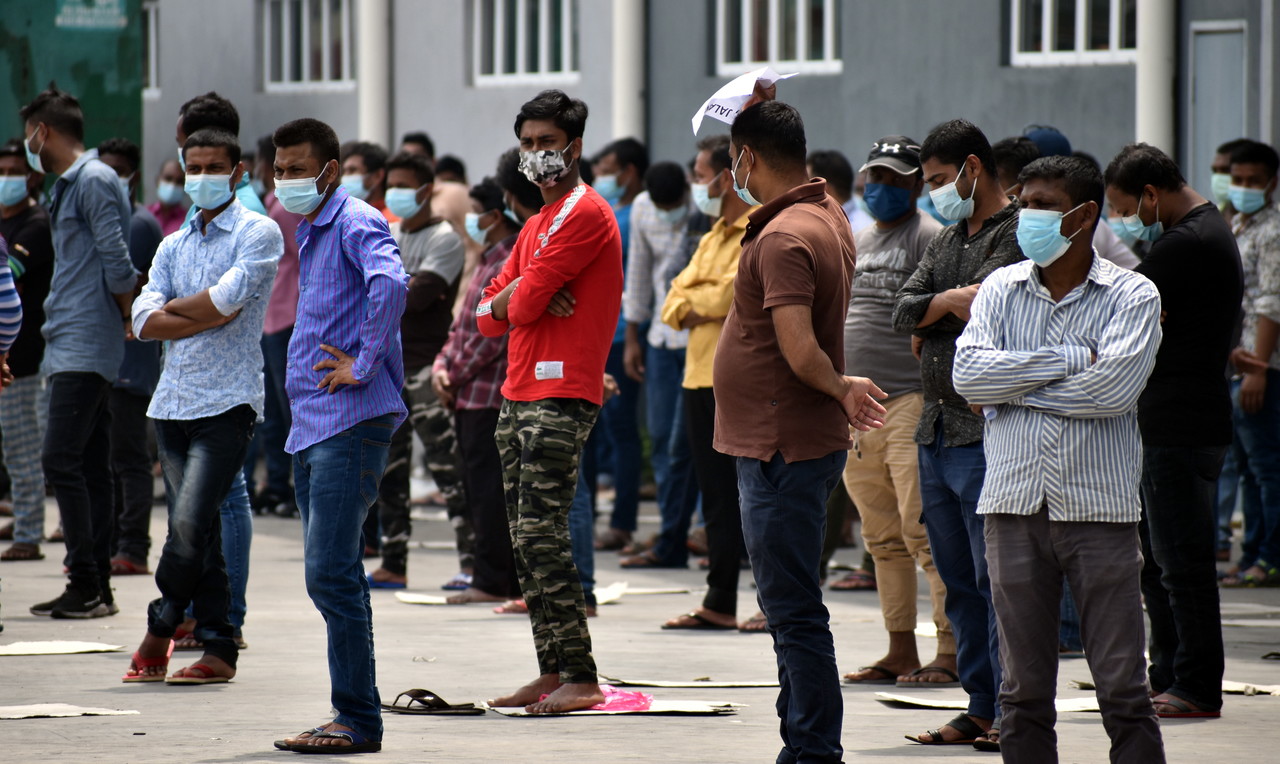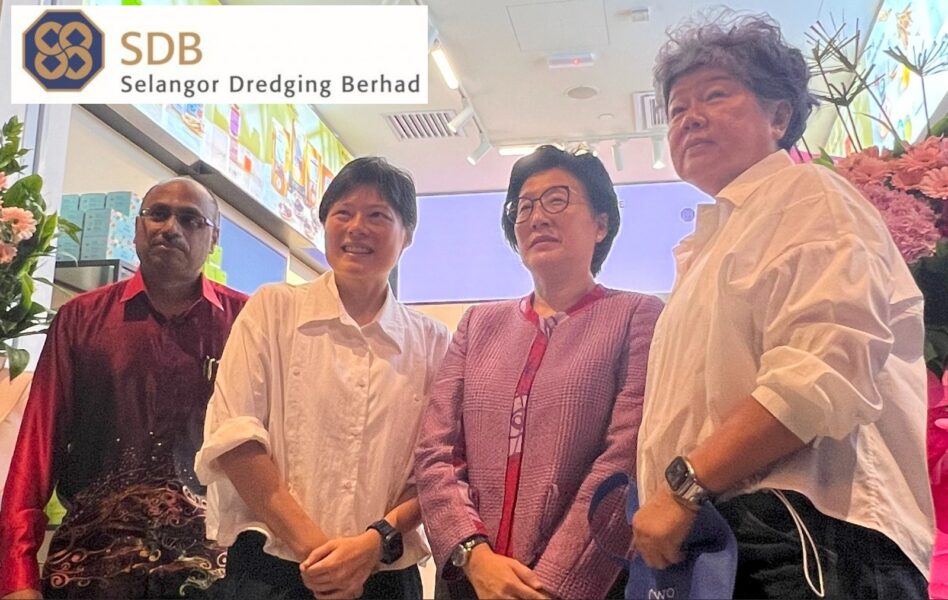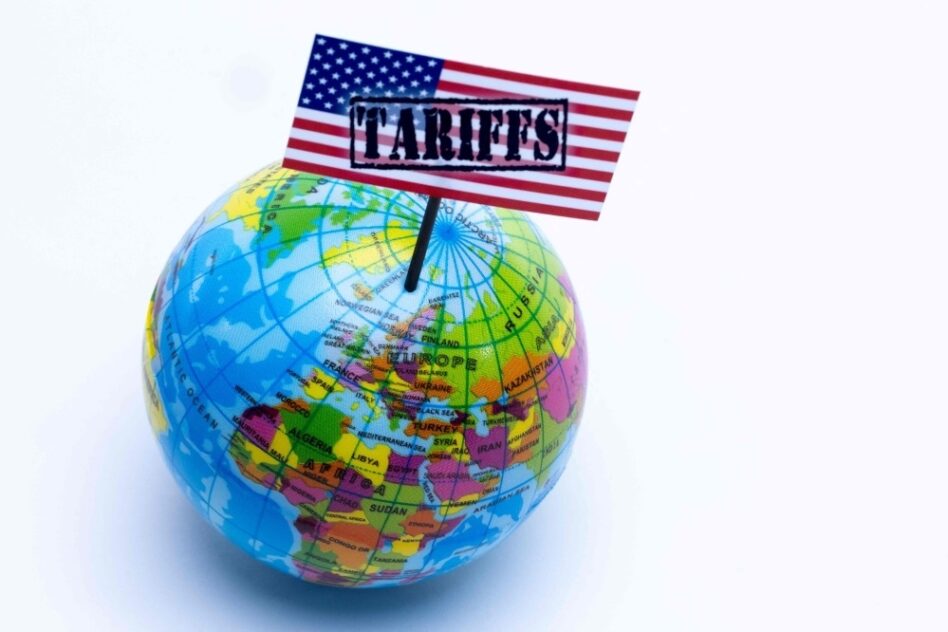INDEPENDENT migrant worker rights specialist Andy Hall is baffled as to why Malaysia is suddenly dispatching at least three different ministers (Home Affairs, Human Resources and now, Plantation Industries and Commodities) alongside “delegations of actors” and business persons region-wide to Bangladesh, India, Indonesia, Myanmar and Nepal.
The London-born labour activist expressed concern that not only is such desperate move to urgently secure/source foreign workers for its labour-intensive migrant dependent industries – as well as to ensure a steady flow of domestic workers for Malaysian homes – is unwise but the very fact that “it might backfire badly”.
“Are the different ministers even aligned with one harmonious Malaysian Government policy on manpower recruitment and migrant workers?” he pointed out in a media statement.
“Or do they each have their own objectives, ‘interests’ and, most importantly, hidden agendas and hidden supporting actors to satisfy during their confused overseas negotiations on migrant MOUs (memorandums of understanding) and specific modalities for the manpower recruitment?”
Hall was commenting on a recent report in the Bangladeshi English language daily New Age that Plantation Industries and Commodities Minister Datuk Zuraida Kamaruddin told Bangladesh Prime Minister Sheikh Hasina that Malaysia’s plantation sector needs more workers from Bangladesh.
Towards this end, Zuraida has discussed a proposal to recruit workers through a government-to-government channel to ensure transparency in the recruitment process – one that would be in line with the MOU signed between both Governments last December.

On this note, Hall said it is important to know on whose terms will the upcoming manpower recruitment actually be done – Malaysia’s terms or source country terms or on a negotiated basis?
“All indications are unfortunately that we will likely see more corrupt and extortionate migrant worker recruitment systems and practices re-commencing in the near future (that has already started with returning workers) with unnecessary or bloated health check, visa issuance, quota approval and security checking processes once again being entrenched in Malaysia and at source country level,” noted Hall.
As it is, he said the Foreign Workers Centralised Management System (FWCMS) system, which is provided by Bestinet Sdn Bhd, seems totally compromised now.
“This will lead to horrific levels of debt bondage and forced labour for the new desperate and vulnerable recruits who simply seek a better life for them and their families while toiling involuntarily in Malaysia as a foreign land,” cautioned Hall.
“But we could also as easily see a new beginning for Malaysia today with fair and ethical recruitment models developed by its political leadership and industry actors that genuinely benefit the countries, the industries, the agents/actors and the workers, while enhancing the rule of law and putting an end to the impunity and corruption of the past.”
Unfortunately, Hall said few signs of much ethical recruitment conduct and systems are appearing to most observers today.
“We see only more doom and gloom with syndicate leaders active to ensure a lining of their pockets (and that of their political supports) through profiteering, extortion and a lack of transparency that will surely lead to migrant workers again being fleeced,” he reckoned.
“Everyone still seems to be out to profit for themselves at the expense of vulnerable migrant workers desperation right now. Malaysia’s foreign worker recruitment systems must change and they must change now. The status quo is abhorrent, broken and unacceptable.” – Feb 25, 2022









